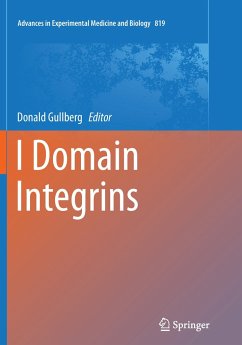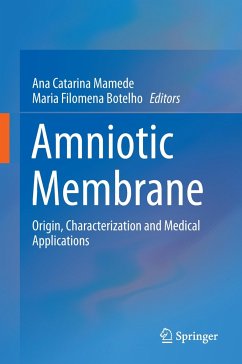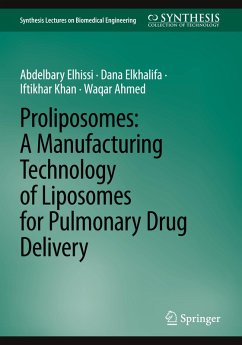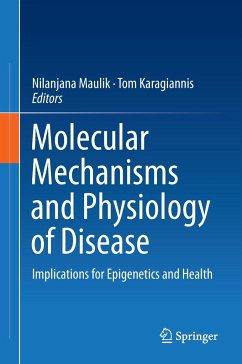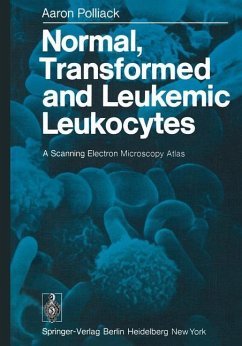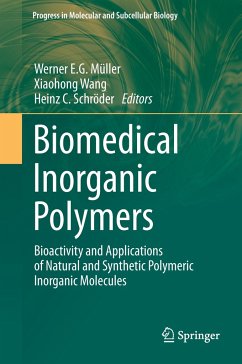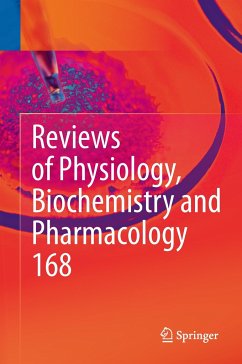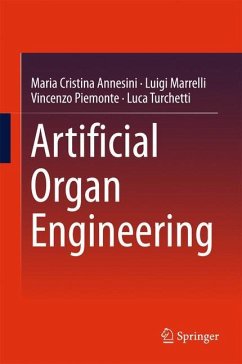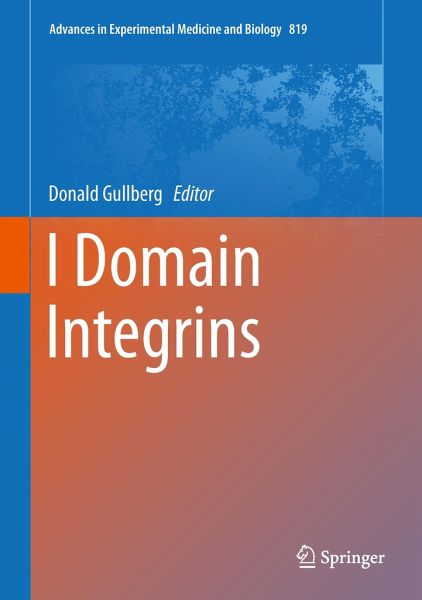
I Domain Integrins

PAYBACK Punkte
38 °P sammeln!
The integrin family is composed of 24 members and approximately ten years ago (2003) we published a book devoted to the nine I domain integrin subunits. In this second edition, I am pleased that most of the original authors have been able to contribute to the updated version.I domain containing integrins include collagen receptors and leukocyte receptors. In 2003 the knockout mouse phenotypes for all of the I domain integrins had not yet been published; they are now, and are summarized and discussed in this edition.Interestingly, a recent 10 integrin mutation in dogs has indicated that collage...
The integrin family is composed of 24 members and approximately ten years ago (2003) we published a book devoted to the nine I domain integrin subunits. In this second edition, I am pleased that most of the original authors have been able to contribute to the updated version.
I domain containing integrins include collagen receptors and leukocyte receptors. In 2003 the knockout mouse phenotypes for all of the I domain integrins had not yet been published; they are now, and are summarized and discussed in this edition.
Interestingly, a recent 10 integrin mutation in dogs has indicated that collagen-binding integrins in the musculoskeletal system might have much more severe phenotypes in larger animals/humans compared to the mild integrin phenotypes observed in collagen-binding integrin deficient mice. This finding is further discussed in the book.
In the cancer field, the microenvironment is taking center stage, and here collagen receptors on fibroblasts are predicted to play important roles in paracrine signaling, in regulating tissue stiffness and matrix remodeling.
New technologies, new mouse models in combination with analyses of I integrins in larger animals/humans are thus predicted to increase our knowledge about this group of receptors. With this in mind we look forward to another 10 years of research with I domain integrins.
I domain containing integrins include collagen receptors and leukocyte receptors. In 2003 the knockout mouse phenotypes for all of the I domain integrins had not yet been published; they are now, and are summarized and discussed in this edition.
Interestingly, a recent 10 integrin mutation in dogs has indicated that collagen-binding integrins in the musculoskeletal system might have much more severe phenotypes in larger animals/humans compared to the mild integrin phenotypes observed in collagen-binding integrin deficient mice. This finding is further discussed in the book.
In the cancer field, the microenvironment is taking center stage, and here collagen receptors on fibroblasts are predicted to play important roles in paracrine signaling, in regulating tissue stiffness and matrix remodeling.
New technologies, new mouse models in combination with analyses of I integrins in larger animals/humans are thus predicted to increase our knowledge about this group of receptors. With this in mind we look forward to another 10 years of research with I domain integrins.





